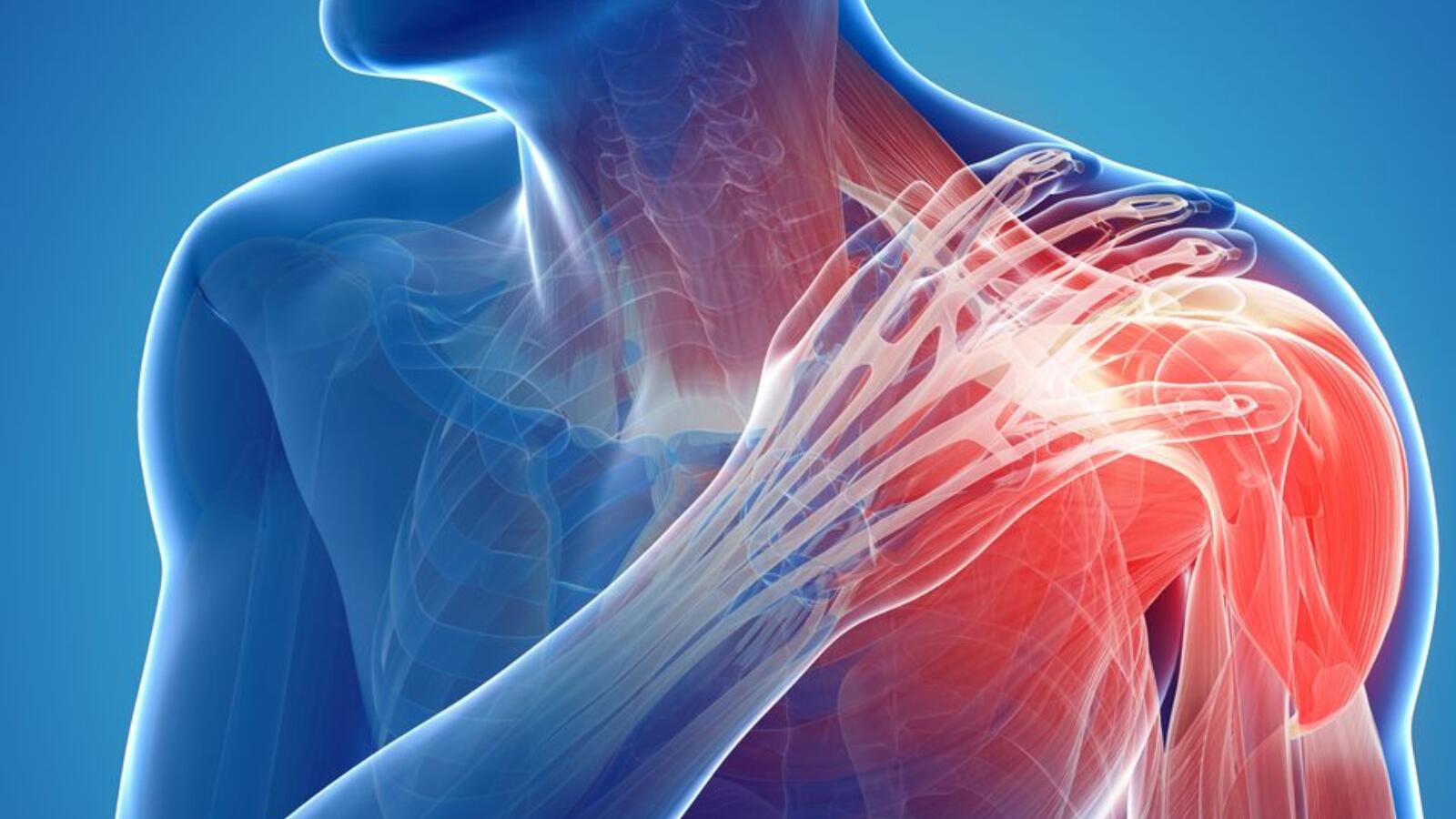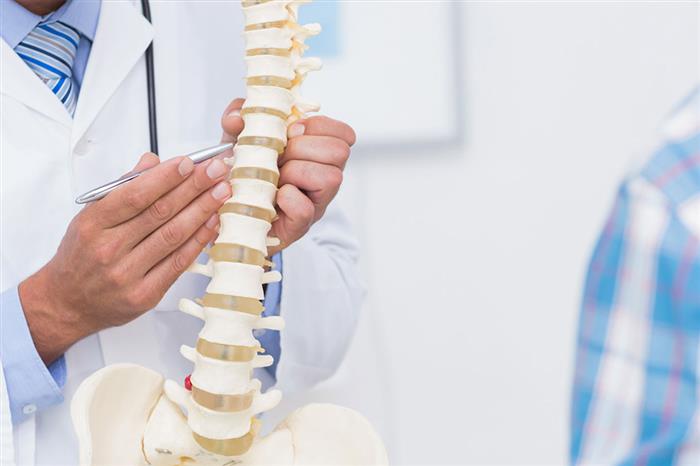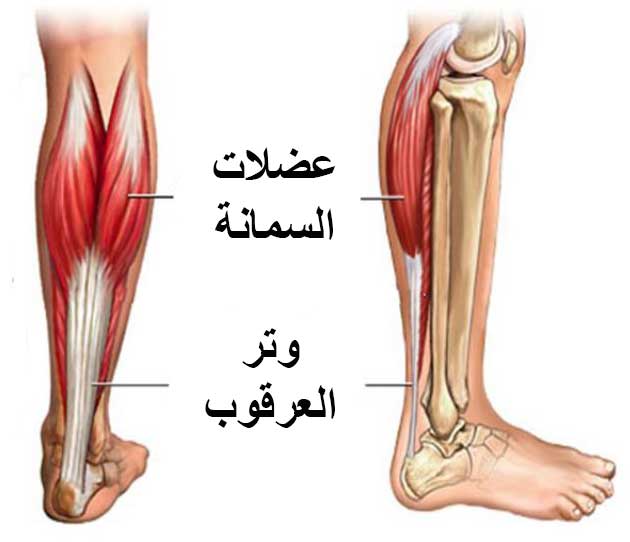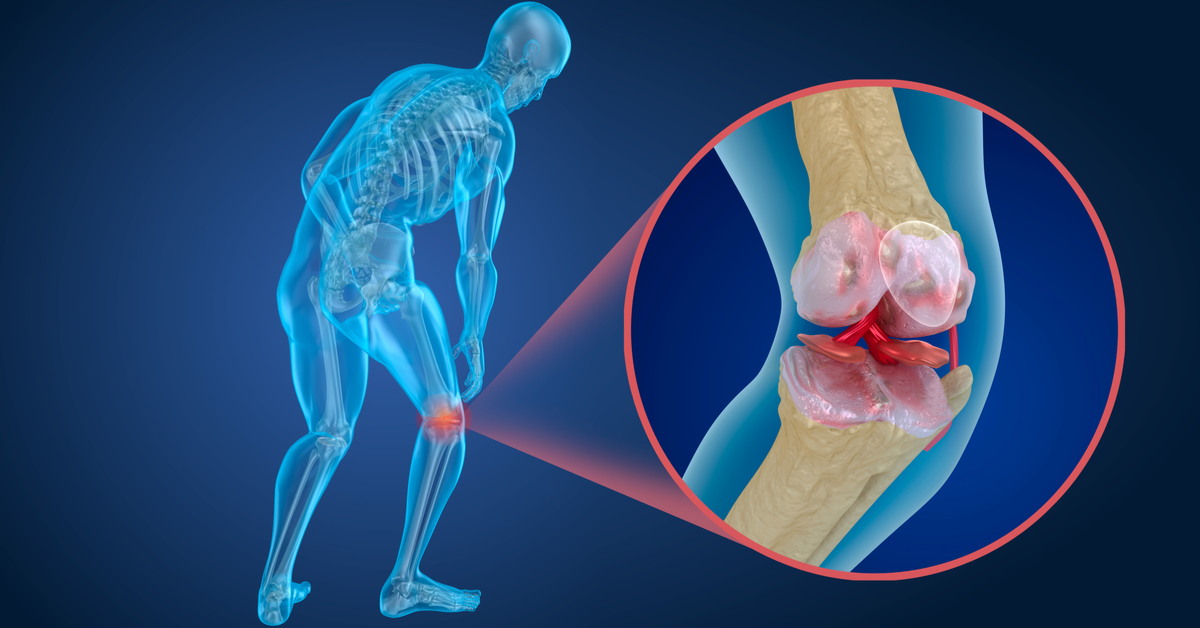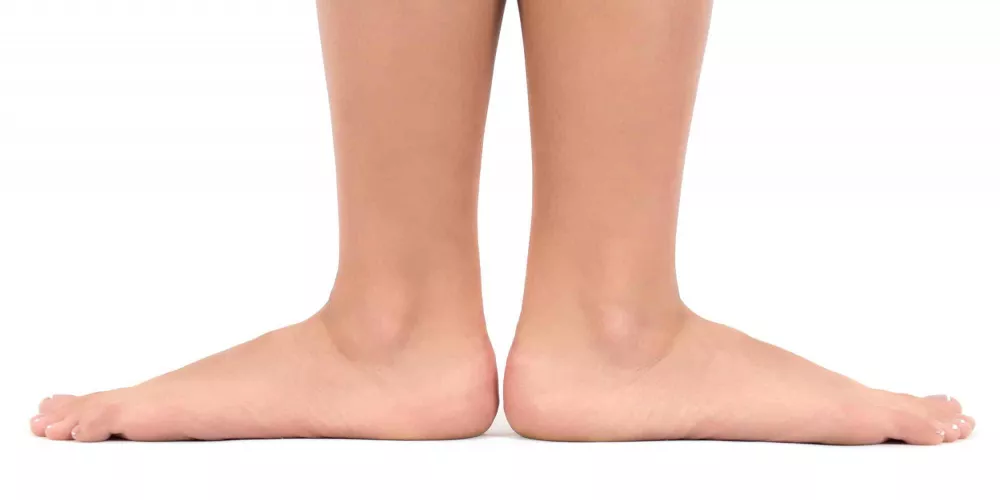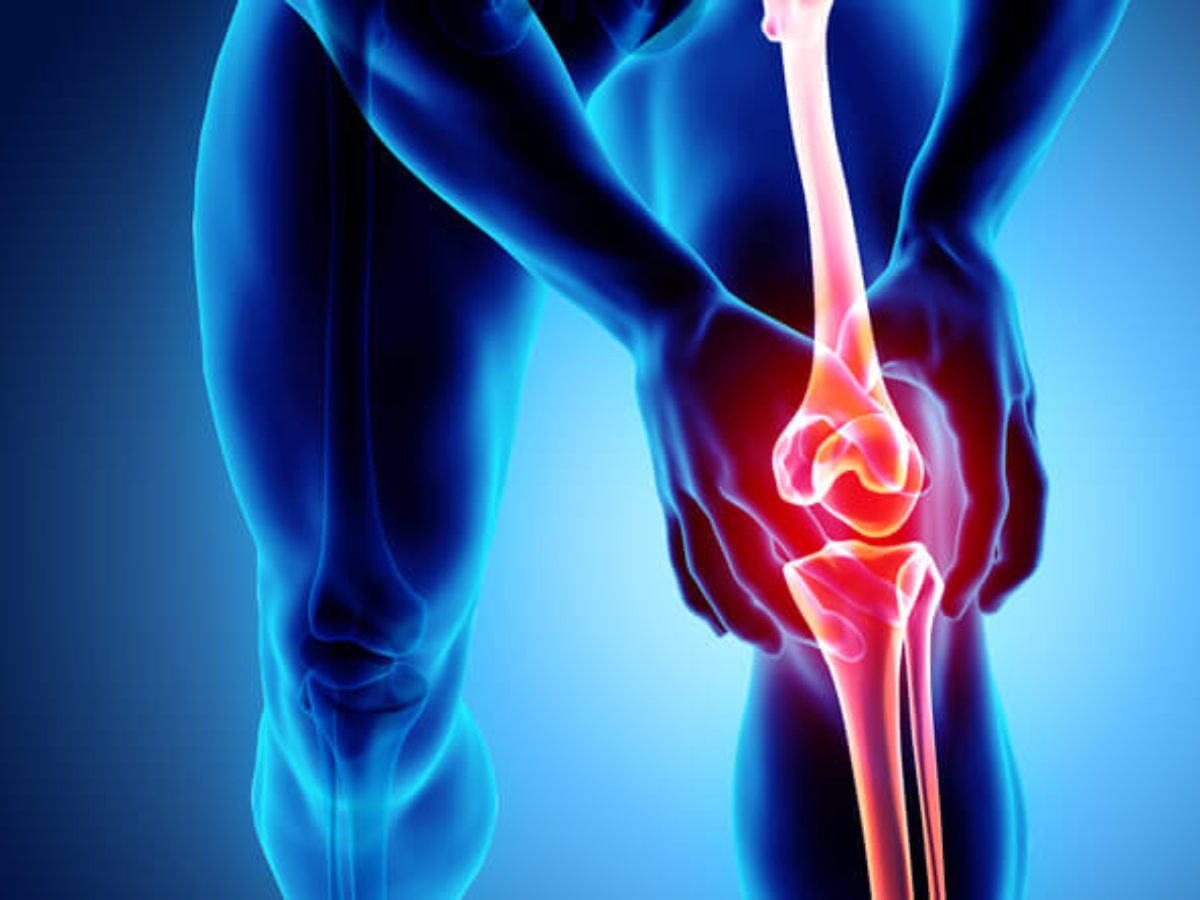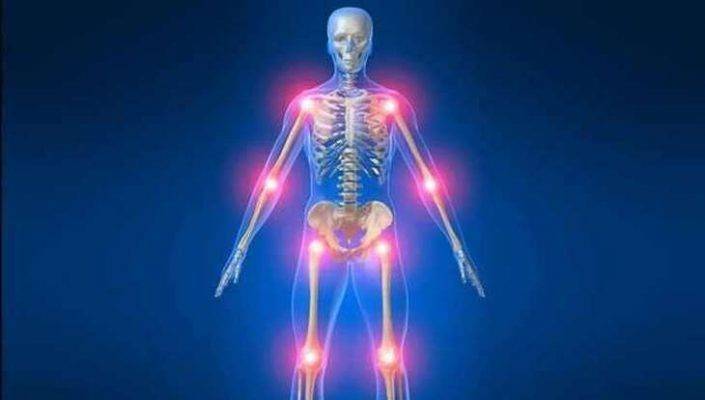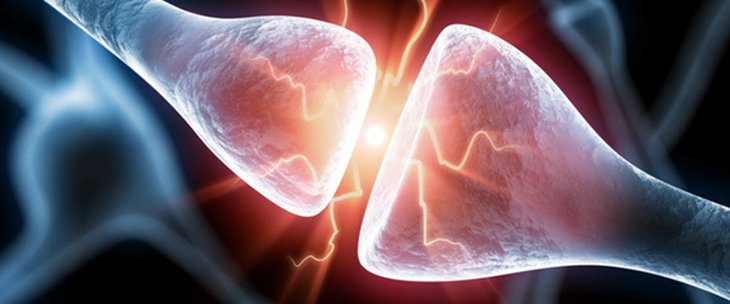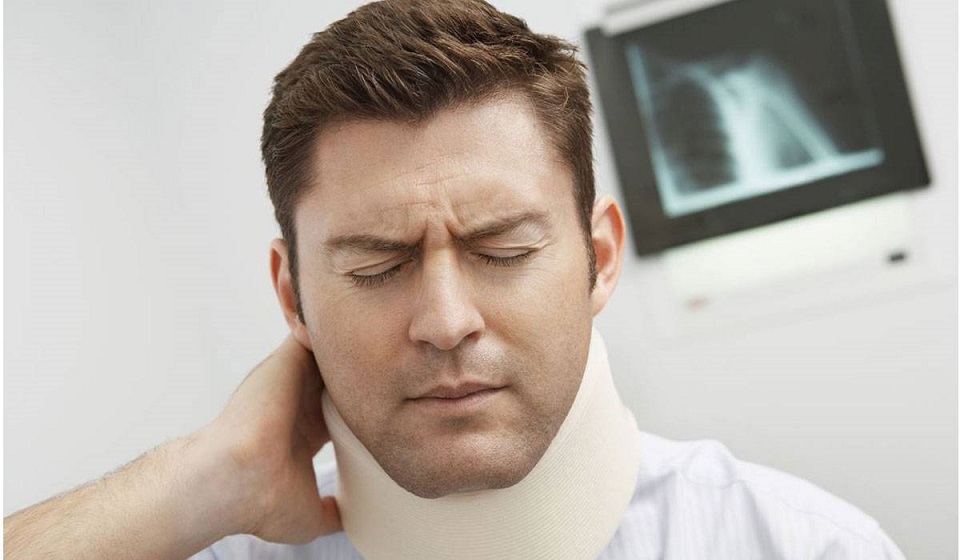Shoulder pain: What are its causes and treatment methods?
Shoulder Pain
Shoulder pain is a common issue that affects many individuals and can have a negative impact on daily life. In this article, we will take a look at some important information about the rotator cuff, the causes of shoulder pain, and how to manage it.
What is the Rotator Cuff? The rotator cuff is a group of muscles and tendons in the shoulder that connect the upper part of the arm (the humerus) to the shoulder blade (scapula). The tendons provide stability to the shoulder joint, while the muscles allow the shoulder to rotate.
Causes of Shoulder Pain:
- Rotator Cuff Inflammation: This occurs due to irritation and swelling in the shoulder joint.
- Tendonitis: It may result from continuous stress on the shoulder tendons, leading to their overuse and potential tearing due to excessive movement.
- Muscle Tears: Muscle tears can occur due to direct injury or the neglect of shoulder muscle strain.
- Ligament Sprains: This can happen due to direct injury or excessive movements.
Symptoms of Shoulder Pain:
- Long-lasting pain in the shoulder.
- Difficulty lifting the arm up or moving it freely.
- Severe pain and increased discomfort during sleep.
- Decreased range of motion in the shoulder.
How to Alleviate Shoulder Pain:
- Rest: Avoid excessive movements and activities that worsen the pain.
- Strength Exercises: Targeted exercises may help strengthen the muscles around the shoulder and improve flexibility.
- Physical Therapy: Medical sessions can be beneficial for strengthening muscles and enhancing shoulder range of motion.
- Pain Relief Medications: Pain relievers can provide temporary relief from pain.
When Should You Consult a Doctor?
If shoulder pain persists for more than a month. If there is difficulty lifting or moving the arm freely. If there is severe pain, especially during sleep.
Shoulder pain may be a symptom of a larger problem, so individuals experiencing chronic shoulder pain should consult a doctor for an accurate diagnosis and appropriate treatment plan. Pain can indicate inflammation, muscle or tendon tears, or ligament issues, and conditions like frozen shoulder may require surgery.
When it comes to shoulder pain, a medical examination is the crucial first step. After establishing the correct diagnosis, the healthcare team can suggest suitable treatment options to alleviate pain and improve quality of life.
What Causes Shoulder Pain?
Shoulder pain is a common health issue that affects many people and can have a negative impact on daily life, including difficulty in moving the arms and performing simple activities. Each problem has its own causes, and in this list, we will explore some common causes of shoulder pain.
- Rheumatoid Arthritis: Rheumatoid arthritis is a common rheumatic disease that can cause severe joint pain, including in the shoulder joint. This disease damages joint tissues, leading to pain, swelling, and stiffness.
- Muscle Tears and Strains: The shoulder is susceptible to injuries, including muscle tears and strains in the muscles and tendons. These injuries may occur due to accidents or intense physical activities, causing acute pain and limited shoulder mobility.
- Frozen Shoulder: Frozen shoulder is characterized by pain and stiffness in the shoulders. Several factors, including inflammation of the surrounding tissues or tissue adhesions, can contribute to this condition. Medical intervention and physical therapy are common treatments for frozen shoulder.
- Tendonitis: Tendonitis is one of the common causes of shoulder pain. It may result from minor tears or inflammation due to continuous stress on the shoulders, leading to pain and swelling in the affected area.
- Injuries from Accidents and Surgeries: Injuries resulting from accidents or surgeries can lead to shoulder pain. These injuries may include shoulder dislocations, bone fractures, or ligament tears. Such cases may require surgical treatment and sometimes physical therapy for recovery.
Regardless of the cause of shoulder pain, it is essential to seek medical attention for a proper diagnosis and guidance on suitable treatment. Medical experts can help identify the underlying cause of the pain and recommend appropriate treatment, whether it’s medication, physical therapy, or surgery.
Don’t hesitate to seek medical assistance if you are experiencing shoulder pain, as early intervention can reduce pain severity and aid in the recovery process.
When is shoulder pain serious?
When it comes to shoulder pain, many people wonder about its seriousness and when it’s necessary to seek medical attention. In this article, we will discuss a set of signs that may indicate the possibility of a serious health problem in the shoulders.
- Continuous and severe pain: If you experience continuous and severe pain in both shoulders for an extended period without improvement, it could be a sign of a serious issue. These symptoms may indicate shoulder joint inflammation, ligament tears, or another problem that requires proper medical treatment.
- Loss of motion and the ability to use your shoulders: If you have difficulty moving or using your shoulders normally, it could be a sign of a serious problem. This may indicate muscle, ligament, or joint injuries that require immediate attention from a medical professional.
- Additional symptoms: If shoulder pain is accompanied by additional symptoms such as swelling, redness, and warmth in the shoulders, it may be indicative of inflammation or infection in the joints or surrounding tissues. In such cases, urgent action should be taken to receive the necessary treatment.
- Changes in sensory or motor function: If you notice changes in sensory or motor function in your shoulders, such as weakness or numbness in the upper limbs, it may indicate a neurological problem or a disorder in the muscles near the shoulder. In such cases, it is essential to consult a neurologist for a thorough examination and accurate diagnosis.
- Concurrent pain in other areas: If you are experiencing pain in other areas such as the chest, back, or arms in addition to your shoulders, this may be a sign of a heart or spinal issue. It is advisable to consult a doctor to assess these symptoms and determine the potential cause.
If your shoulder pain does not accompany the mentioned symptoms, is intermittent, and not bothersome, it likely does not indicate a serious health problem. However, it is still advisable to consult a doctor to assess your condition properly and guide you to appropriate treatment if necessary.
How to relieve shoulder pain?
Shoulder pain can be bothersome and affect your daily life and mobility. However, there are some ways you can use to relieve this pain. In this list, we will outline some tips and exercises that may help you overcome shoulder pain:
- Use topical or oral pain medication: You can use medications that are applied directly to the painful area or taken orally to alleviate pain. These medications are usually available over the counter at the pharmacy.
- Use cold or hot compresses: Cold or hot compresses can help reduce pain and swelling in the shoulders
Perform Shoulder Extension Exercises: Engaging in shoulder extension exercises can be beneficial for alleviating pain and strengthening the muscles surrounding your shoulders. For example, you can pull your shoulders downward and hold the position for five seconds, then repeat the movement.
Visit a Doctor: If the pain is severe or persistent, it’s advisable to consult a specialist. The doctor may conduct a clinical examination of your shoulders and request necessary tests to determine the cause of the pain and prescribe suitable treatment.
Avoid Aggravating Factors: Certain factors, such as heavy lifting or excessive movements, may exacerbate shoulder pain. Try to avoid these factors as much as possible to minimize the pain.
Follow Physical Therapy Guidance: If physical therapy is prescribed for you, it’s essential to follow the physical therapist’s guidance and participate in appropriate therapy sessions. Physical therapy can help strengthen your muscles and improve shoulder mobility.
Shoulder pain can be bothersome and painful, but with proper treatment and following suitable advice, you can overcome this pain and regain your natural shoulder mobility. If the pain persists or worsens, it’s essential to contact a doctor for a thorough evaluation and consultation on further appropriate treatment options.
Does Vitamin D Deficiency Cause Shoulder Pain?
Vitamin D is considered one of the essential vitamins for overall body health and plays a crucial role in maintaining bone and joint health. But can a deficiency in vitamin D be a cause of shoulder pain? In this article, we’ll take a look at this question and present facts and information related to the topic.
Effects of Vitamin D Deficiency on the Body: Vitamin D deficiency can lead to several negative effects on the body, including weakened immune system, muscle weakness, increased risk of bone diseases like osteoporosis, and bone formation abnormalities. Vitamin D deficiency may also have an impact on joints and tendons.
Vitamin D Deficiency and Shoulder Pain: In general, some research suggests that vitamin D deficiency may lead to the development of shoulder pain, especially if the deficiency is severe. This pain is believed to be a result of the impact of vitamin D deficiency on bone and muscle health in the shoulder area.
Prevention and Treatment: If you are experiencing shoulder pain and suspect vitamin D deficiency, there are several steps you can take to alleviate the pain and improve your vitamin D levels:
- Consume foods rich in vitamin D, such as fatty fish (like salmon and tuna), egg yolks, and vitamin D-fortified dairy products.
- Get brief daily exposure to direct sunlight, as the sun is a natural source of vitamin D.
Consult your healthcare provider to determine whether you need vitamin D supplements and if these supplements are suitable for your overall health condition.
Consult a Doctor: While vitamin D deficiency may be a potential cause of shoulder pain, there may be other reasons for the pain you are experiencing. If the pain persists for more than two weeks or if you have difficulty moving your shoulder or arm due to pain, it is advisable to consult a doctor to diagnose the condition and identify the cause of the pain accurately.
Prevention and Care for Bone Health: In general, it is essential to pay attention to bone and joint health to avoid pain and stiffness problems. It is recommended to engage in regular physical exercises, consume a balanced diet rich in calcium and vitamin D, and avoid factors that increase the risk of bone and joint diseases.
Vitamin D deficiency can cause pain in the shoulder and, generally, in the joints. Therefore, it is advised to seek medical advice, follow a healthy diet, take vitamin D supplements if necessary, and ensure overall bone and joint health.
Can Anxiety Cause Shoulder Pain?
Yes, anxiety can sometimes cause pain between the shoulders. Anxiety and psychological stress are possible causes of muscle tension and stiffness in the shoulder and neck area. When you are tense or excessively anxious, it can increase muscle tension and lead to pain between the shoulders. It may also contribute to the escalation of pain if left untreated and the underlying causes of anxiety are not addressed. It is advisable to consult a doctor if the pain is bothersome or chronic to receive appropriate evaluation and treatment.
Therefore, it is recommended to implement the following methods to alleviate neck and shoulder pain resulting from tension and anxiety:
- Exercise:
Engage in light physical exercises such as yoga or Pilates to strengthen the back, neck, and shoulder muscles. Perform daily stretching exercises to relieve tension in the muscles and improve their flexibility.
- Apply Relaxation Techniques:
Try relaxation techniques such as deep breathing and meditation to reduce tension and anxiety. Apply progressive muscle relaxation exercises to calm the tense muscles in the neck and shoulders.
- Stress Management:
Try to identify and organize your tasks and responsibilities in an organized manner to reduce the pressure and stress resulting from your busy daily life. Allocate time for activities you enjoy and that help you relax, such as practicing a favorite hobby or listening to soothing music.
- Seek Emotional Support:
Talk to a close friend or family member about your problems and feelings to gain emotional support and advice. Getting support through a specialized mental health coach or undergoing therapy sessions can be an effective solution for relieving neck and shoulder pain caused by stress and anxiety.
Consult a Doctor if the Pain Persists: If neck and shoulder pain caused by stress and anxiety continues for a long period and does not improve with the mentioned practices above, it is important to consult a doctor for an assessment and appropriate treatment.
Given the various life stresses and psychological tensions you may encounter, it is essential to take the necessary measures to alleviate neck and shoulder pain caused by stress and anxiety. Ensure the preservation of your mental and physical health and consult a doctor if the pain persists for an extended period.
What Causes Neck and Back Shoulder Pain?
Neck and back shoulder pain is a common health issue experienced by many individuals. These pains can be a significant source of discomfort and can affect an individual’s daily life. But what are the potential causes of neck and back shoulder pain?
In this list, we will explore the most common potential causes of neck and back shoulder pain:
Muscle Tension and Neck Strain: The most common cause of neck and back shoulder pain is often muscle tension and neck strain. Muscle tension can occur due to prolonged sitting in an improper posture or exposure to stress and psychological pressure. It is essential to relax, strengthen tense muscles, and improve body posture to alleviate the pain.
Muscle Cramps: Tight and tense muscles in the neck and shoulders can cause sharp and severe pain. Causes of muscle cramps may include fatigue, stress, exposure to cold, or acute muscle strain. Relaxation techniques such as progressive muscle relaxation can be used to relieve muscle cramps and reduce pain.
Spinal Disorders: These disorders include arthritis, nerve compression, herniated discs, and other conditions that affect the spine. Neck pain resulting from these disorders may be accompanied by shoulder or back pain. Treatment depends on the type and severity of the disorder and may include physical therapy and medication in some cases.
Torn Shoulder Muscles or Rotator Cuff: Injuries to the shoulder muscles or rotator cuff are common causes of neck and shoulder pain. Tears in these muscles can occur due to repeated stress or direct injury. Severe injuries may require surgical intervention, while less severe cases can be treated with physical therapy and pain-relieving medications.
Disc and Cartilage Problems: The disc is a cushion-like structure located between the vertebrae in the neck. Slippage or damage to the disc can lead to nerve compression and cause neck and shoulder pain. Severe disc cases may require surgery to relieve pressure and restore health.
It is essential to accurately diagnose the cause of pain by a specialized physician and consult them to develop an appropriate treatment plan. Treatment may include pain-relieving medications, physical therapy, massage, stretching and strengthening exercises, and, in some cases, surgery.
Can Low Blood Pressure Cause Shoulder Pain?
People who experience low blood pressure may suffer from various symptoms, and among these symptoms, shoulder and neck pain may be one of them. Although this pain occurs in rare cases, it is important to become familiar with it, understand its causes, and learn how to deal with it.
Here is a list of some information about low blood pressure and shoulder pain:
Causes of Shoulder Pain: Shoulder pain can result from the contraction of shoulder muscles, which may occur due to inadequate blood flow to this area. Shoulder pain may be a secondary effect of low blood pressure that affects blood flow to various parts of the body, including the shoulder and neck.
Symptoms of Low Blood Pressure: Dizziness and lightheadedness. Feeling weak and fatigued. Nausea or vomiting. Difficulty concentrating. Feeling cold or numbness in the limbs.
How to Deal with Shoulder Pain Caused by Low Blood Pressure: Rest and Relaxation: Try applying cold or hot packs to the painful shoulder area to relieve tension and stress. Stretching Exercises: Some stretching exercises may help alleviate shoulder pain and increase blood flow to this area. Adequate Hydration: Drinking enough water helps maintain body hydration and promotes blood circulation.
Does Shoulder Pain Have Anything to Do with the Heart?
Shoulder pain may be one of the symptoms that could indicate heart problems. Here is some important information on this topic:
Left Shoulder Pain as a Warning Sign: Left shoulder pain with minimal exertion can indicate an issue with the coronary artery, which supplies blood to the heart muscle. Pain in the left shoulder may also be accompanied by chest or arm pain. Shoulder Pain and Heart Problems: Left shoulder pain with minimal exertion is considered a warning sign of coronary artery problems, which may suggest heart diseases. Shoulder pain can be due to coronary artery blockage, reducing blood flow to the heart muscle and causing pain. Medical Diagnosis: If you experience left shoulder pain with minimal exertion, you should visit a specialized doctor promptly. Medical diagnosis may require some tests, such as resting electrocardiogram (ECG), stress ECG, coronary angiography, and computed tomography angiography of the coronary artery. Early Diagnosis: Early diagnosis of heart problems and identifying important coronary artery blockage cases are essential to avoid serious complications. It is crucial to consult a doctor if you experience recurrent left shoulder pain, especially if it is accompanied by chest or arm pain and occurs with minimal exertion. Preventing Heart Diseases: Avoiding smoking, following a healthy diet, and regularly exercising may reduce the risk of heart diseases. It is also important to visit a doctor for regular heart check-ups and necessary tests for early detection of any issues.
We should be aware that left shoulder pain could indicate heart problems. If you experience these symptoms, it is advisable to consult a specialized doctor to assess your condition and take appropriate action in a timely manner.
What Causes Shoulder Pain When Sleeping on It?
Additional Pressure on the Shoulder: The reason for shoulder pain when sleeping on it may be the additional pressure applied to the shoulder. When a person sleeps on their right side, there can be extra pressure on the right shoulder, leading to discomfort.
Sleeping Position-Related Issues: Some cases of shoulder pain result from sleeping positions. For example, individuals who place their arm under their pillow while sleeping may experience shoulder pain due to increased pressure on the neck and shoulder muscles.
Muscle Tendon Inflammation: Shoulder pain when sleeping on it could be due to inflammation of the muscle tendon. This inflammation can occur as a result of improper shoulder movement or excessive use of the shoulder.
Arthritis and Cartilage Inflammation: The joints in the shoulder and the cartilage can be affected when the cartilage begins to break down, causing inflammation and pain. The reason for shoulder pain when sleeping on it may be joint or cartilage inflammation.
Previous Injuries: Shoulder pain when sleeping on it may result from a previous shoulder injury, such as tears or bruising in the shoulder joint.
Risk Factors: Certain health factors may make a person more susceptible to developing shoulder pain when sleeping on it, such as diabetes, stroke, thyroid disorders, Parkinson’s disease, and shoulder cancer.
What Can a Person with Shoulder Pain When Sleeping on It Do?
It is advisable to perform stretching and strengthening exercises for the shoulder, neck, and back muscles to relieve pressure and improve flexibility.
Avoid sleeping on the right side and use a comfortable pillow to support the shoulder and neck.
Ice or warm water can be used to alleviate pain and inflammation in the shoulder.
In cases of severe and persistent pain, it is recommended to visit a doctor for an evaluation and determination of the appropriate treatment. Physical therapy or medication may be necessary in some cases.
Complementary treatments such as massage therapy or herbal therapy may be effective in pain relief and relaxation.
Maintaining a healthy weight and regularly engaging in physical activity are essential for strengthening shoulder and overall body muscles.
What Causes Shoulder Pain Upon Waking Up?
Incorrect Sleeping Position: The reason for shoulder pain upon waking up may be an incorrect sleeping position. For example, individuals who sleep and place their arm under their pillow while lying on their backs may experience increased pressure on the neck and shoulder muscles. This continuous pressure can lead to tightness in the neck and shoulder muscles and cause pain.
Compression of the Rotator Cuff Tendons: Compression of the rotator cuff tendons in the shoulder can occur due to an improper sleeping position. This compression can result in shoulder pain upon waking up.
Rotator Cuff Tendonitis: Rotator cuff tendonitis is a common source of shoulder pain. It typically occurs in athletes who frequently raise their arms over their heads, such as swimmers, tennis players, and throwers. However, rotator cuff tendonitis can occur in anyone without a clear cause. Inflammation can cause pain and numbness in the shoulder, which may worsen after sleeping.
Muscle Cramps Between the Shoulders: Shoulder pain can be caused by muscle cramps between the shoulders. This cramping can occur due to an improper sleeping position or muscle tension. Individuals may feel pain and tension in the shoulder upon waking up.
Other Health Issues: There may be other health problems causing shoulder pain upon waking up, such as arthritis, injuries, nerve disorders, or tumors. If there is suspicion of an underlying health issue, it is advisable to consult a doctor for a diagnosis and appropriate treatment.
If you are experiencing shoulder pain upon waking up, it may be due to an incorrect sleeping position, compression of rotator cuff tendons, or rotator cuff tendonitis. There may also be other underlying health issues causing this pain. Consulting a doctor for a diagnosis and determining the appropriate treatment is recommended, especially if there is suspicion of an underlying health problem.
